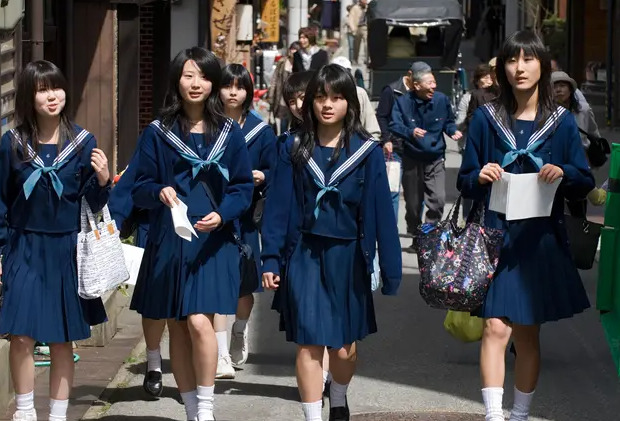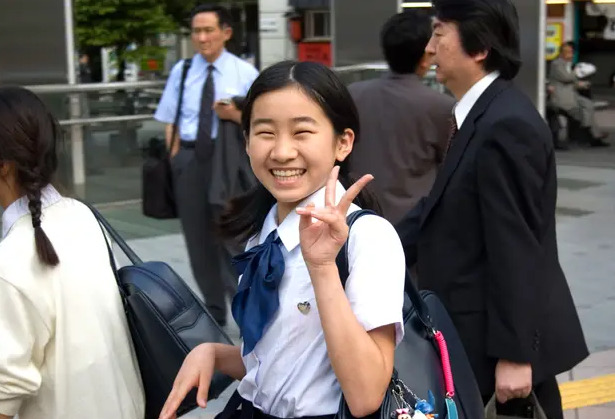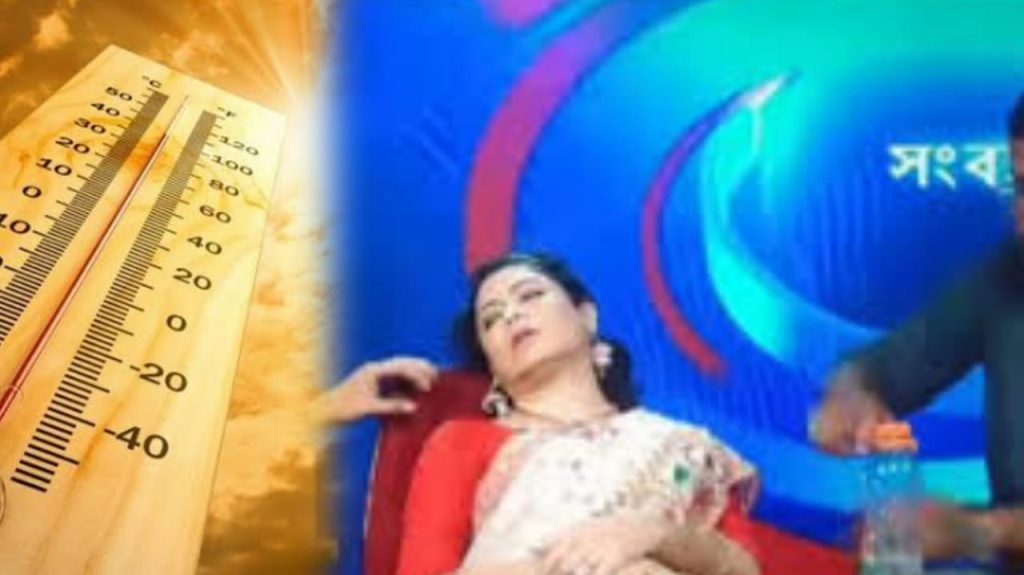In a rather absurd move, schools in Japan ban female students from wearing their hair in ponytails, fearing that the “nape of their necks” could “sexually excite” male students.
“They are worried boys will look at girls, which is similar to the reasoning behind upholding a white-only underwear color rule,” former middle school teacher Motoki Sugiyama told Vice World News.



“I have always criticized these rules. But because there is such a lack of criticism and it has become so normalized, students have no choice but to accept them. Because if the two-block (undercut) is okay, then some students might start saying the mohawk should be okay,” he explained.
“Many schools ignore notices against such rules as they are not legally binding or have penalties,” he added.
It is not known how many schools across Japan still impose a ponytail ban. However, a 2020 survey suggests that about one in 10 schools in the southern prefecture of Fukuoka prohibited the hairstyle.
Schools in Japan have strict rules about hair color, accessories, make-up, and uniforms. This also includes underwear and the length of skirts and socks.
Harsh regulations date way back
Nearly half of the high schools in Tokyo ask students with hair that is wavy or not black to produce certificates confirming that it is natural and not artificially altered, NHK reported. Out of the 177 high schools run by the Tokyo Metropolitan government, 79 ask for parents to provide these certificates.



The board of education in Tokyo said hair certificates are not compulsory. However, only five of the 79 schools said in writing that students are not required to submit them. In June last year, an outcry from students and parents over these rules prompted the Japanese government to ask all prefectural boards to revise bizarre school rules.
The harsh regulations, known as buraku kōsoku or “black rules,” have roots dating back to the 1870s. Back then, the Japanese government first established an increasingly restrictive system of education in order to reduce bullying and violence in schools. But now some people in the country are pushing back on tradition and calling on schools to drop outdated or sexist rules.
In similar news locally, meanwhile, the Hazara University of the Khyber-Pakhtunkhwa (K-P) introduced a new dress code for its students, staff, and faculty. In addition, the university claimed it will encourage the students to focus more on studies and less on clothes.
A few years back, another renowned university’s dress code policy also diverted the attention of students from education. Prior to that, a university in Faisalabad also banned girls from wearing tights on campus.
What do you think of this story? Let us know in the comments section below.

















